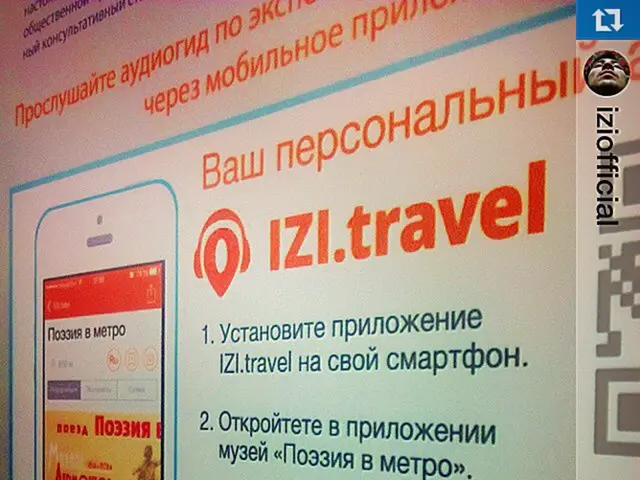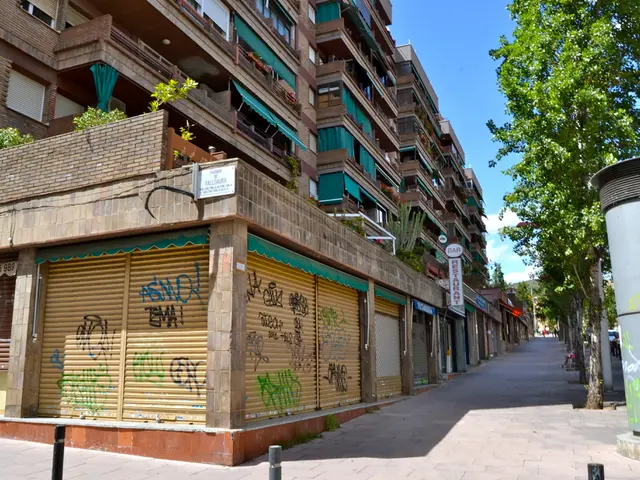Philippines Plans to Employ Blockchain for Enhanced National Budget Transparency
The Philippines is making waves in the world of digital technology, particularly in the realm of blockchain, as Senator Bam Aquino presented an ambitious proposal to overhaul the nation's budgeting system at the Manila Tech Summit on August 27, 2025.
Senator Aquino's proposal aims to place the entire national budget on a blockchain, a move that, if realized, could redefine how governments manage public resources. This bold initiative is part of a broader national interest in leveraging blockchain technology for both financial management and governance.
The goal of this proposal is to make every peso spent traceable to citizens, thereby radically improving transparency and public accountability. It also seeks to position the Philippines as one of the first Asian nations to formalize a sovereign Bitcoin reserve, with the aim of accumulating 10,000 BTC over a five-year period, and locking the reserve for two decades.
While globally, governments have experimented with blockchain adoption, mostly in narrower applications, the Philippines' exploration of both blockchain-based budgeting and a sovereign Bitcoin reserve indicates a willingness to test innovative solutions in public finance.
The Department of Budget and Management has been testing blockchain to track financial documents in the Philippines, and the pilot blockchain project, if scaled into a full budgetary system, would require significant technological infrastructure, regulatory alignment, and political commitment.
The Philippines is not alone in this digital revolution. Countries like Georgia have implemented blockchain for land registries as a means to reduce corruption, while Estonia has been using blockchain to secure government databases and protect public records.
However, despite these developments, no country has yet succeeded in fully migrating its national budget onto a blockchain. If enacted, the measure in the Philippines would make the nation the first to undertake such a groundbreaking move.
The proposal adds momentum to ongoing discussions about how digital technologies can reshape state functions. If implemented, it would undoubtedly position the Philippines as a trailblazer in the use of blockchain technology for public service delivery.
This news marks an exciting step forward in the Philippines' journey towards a more transparent and accountable public sector, leveraging the power of blockchain to bring about a new era in public finance.








